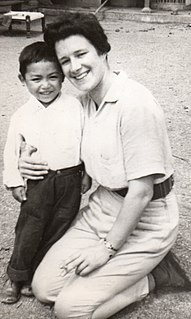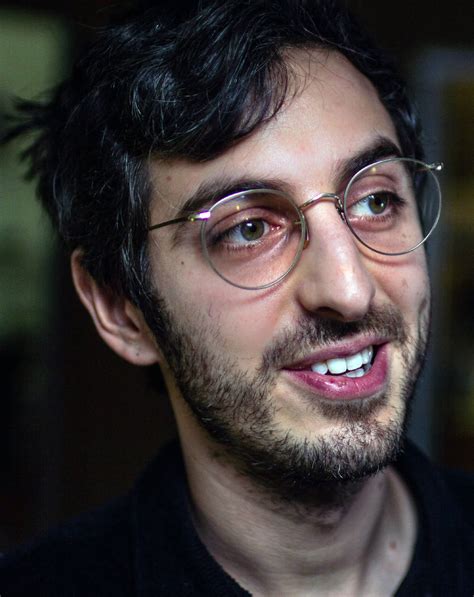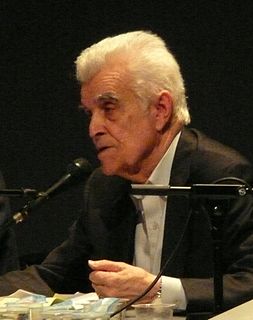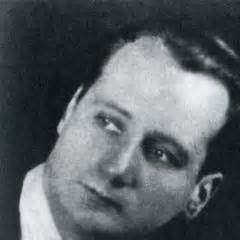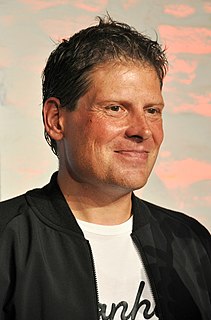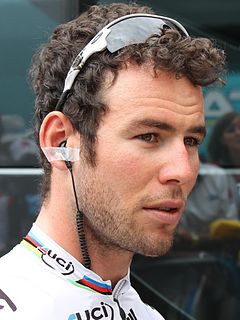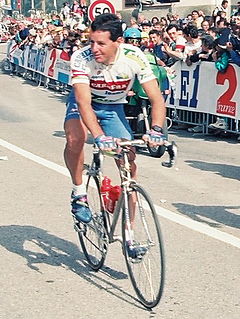A Quote by Dervla Murphy
I wonder if those experts who tell us that our sexual appetite is the strongest know what real thirst feels like; I can imagine the desire for water driving someone to commit a crime to which sexual desire could never drive them.
Related Quotes
An intelligent couple can read their Darwin and know that the ultimate reason for their sexual urges is procreation. They know that the woman cannot conceive because she is on the pill. Yet they find that their sexual desire is in no way diminished by the knowledge. Sexual desire is sexual desire and its force, in an individual's psychology, is independent of the ultimate Darwinian pressure that drove it. It is a strong urge which exists independently of its ultimate rationale.
It is not merely our own desire but the desire of Christ in His Spirit that drives us to grow in love. Those who seldom or never feel in their hearts the desire for the love of God and other men, and who do not thirst for the pure waters of desire which are poured out in us by the strong, living God, are usually those who have drunk from other rivers or have dug for themselves broken cisterns.
There was a Russian cult of eunuchs known as the Skoptsy who were renowned for their proficiency as mathematicians, bankers, and moneylenders. Outsiders called them rapacious but this was simply their jealousy speaking - when one is freed from sexual desire, or sexual desire is transmuted into work, suddenly the world becomes engorged with possibilities.
Many people genuinely do not wish to be saints, and it is probable that some who achieve or aspire to sainthood have never felt much temptation to be human beings. If one could follow it to its psychological roots, one would, I believe, find that the main motive for "non-attachment" is a desire to escape from the pain of living, and above all from love, which, sexual or non-sexual, is hard work.
That "ol' black magic" is a fickle force. The chemistry of romantic love can trigger the chemistry of sexual desire and the fuel of sexual desire can trigger the fuel of romance. This is why it is dangerous to copulate with someone with whom you don't wish to become involved. Although you intend to have casual sex, you might just fall in love.
Britten's opera tends to see things in simpler terms. It portrays an Aschenbach who wants a richer form of sexual fulfillment, and who is hemmed in by the social conventions to which he subscribes. But Visconti's use of the Mahler Adagietto is perfect for what I take to be Aschenbach's sexual desire.
In Lucretius, sexual desire is considered real and genuine, whereas love is illusory. Venus, the goddess who represents the power of sexual desire, is the font of love. She merely mocks lovers with mental images. Try as they might, lovers cannot satisfy themselves by gazing nor by rubbing against one another because the madness of love will always return; hence Lucretius' prescription to flee the mental images, that is, to ward off what feeds love, turning the mind elsewhere.
The Christian life is a long and continual tendency of our hearts toward that eternal goodness which we desire on earth. All our happiness consists in thirsting for it. Now this thirst is prayer. Ever desire to approach your Creator, and you will never cease to pray. Do not think it necessary to pronounce many words.
